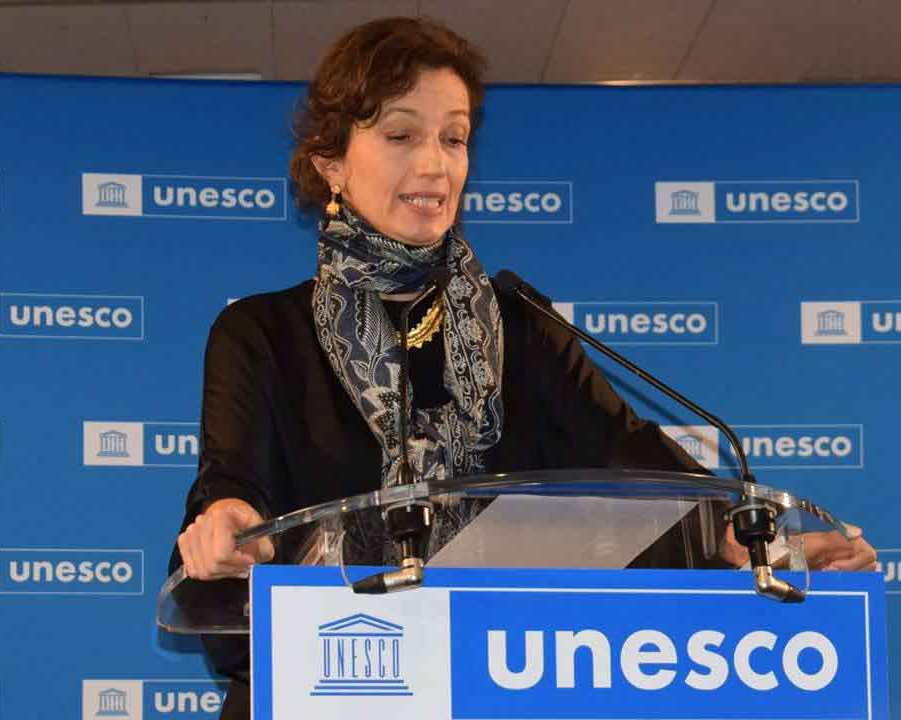
Paris, Oct 4.- The director general of the United Nations Educational, Scientific and Cultural Organization (UNESCO), Audrey Azoulay, today proposed several measures to reduce the global deficit of teachers and the situation of these professionals.
On the eve of World Teachers' Day, the senior official highlighted the role they play in societies, which she described as vital.
“However, this profession faces a significant vocational crisis. Some regions of the world lack candidates and others face a very high attrition rate during the first years of work. In both cases, the answer is the same: we must better value, train and support teachers,” Azoulay stated in her message.
UNESCO recommended actions aimed at making this job more attractive, including investing in initial teacher training and continuous development programmes, implementing mentoring initiatives and ensuring that teachers receive competitive salaries and benefits.
Likewise, she advocated for streamlining administrative tasks and documentation so that teachers can focus more on teaching, promote a healthy balance between work and personal life, and provide easier access to mental health services and advice on managing depression. stress and emotional difficulties.
According to the multilateral entity, the measures must be adjusted depending on national circumstances and challenges.
Regarding World Teachers' Day, UNESCO regretted that 44 million teachers are needed in the world to achieve the goal of providing primary and secondary education for all before 2030.
The problem lies not only in financing, but also in the lack of attractiveness of the profession, hence the importance of the recommendations, she stressed.
The organization's data reflects that the region that has made the most progress is South Asia, where the shortage has been reduced by half since 2016, while in Sub-Saharan Africa progress is little, with a third of the current global deficit. (Text and photo: PL)